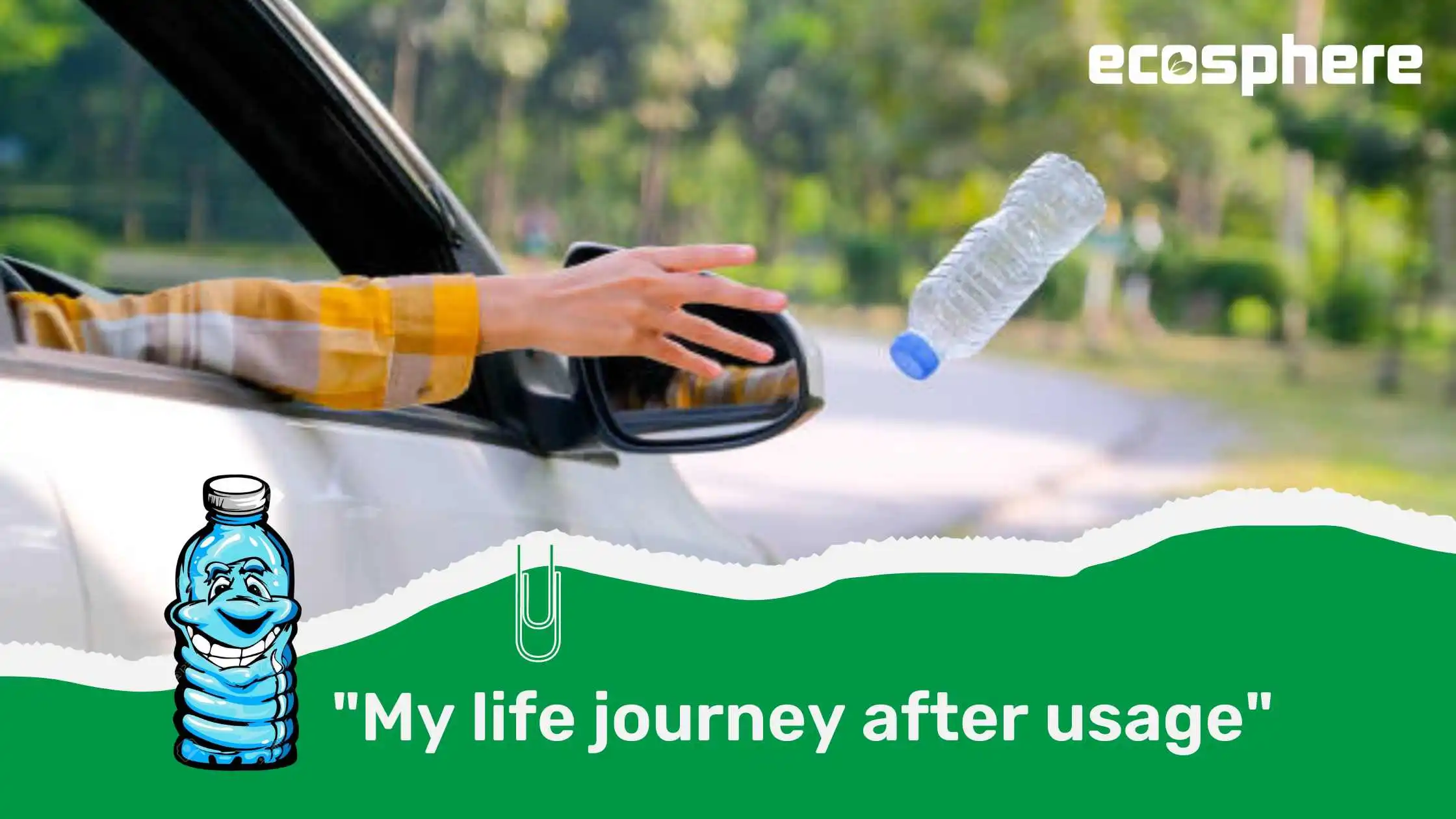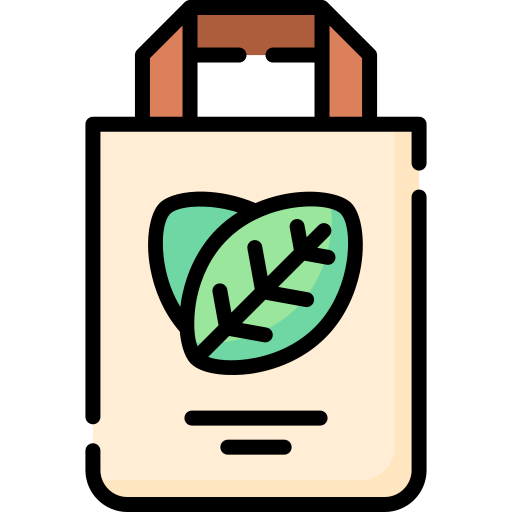No products in the cart.

Plastic Pollution: A Looming Threat to Our Oceans
My life journey after usage
Plastic pollution has become an increasingly alarming environmental issue, with dire consequences for our oceans. In this blog post, we will delve into the concerning impact of single-use plastics, their short lifespan, and the devastating journey they embark upon, ultimately polluting our precious marine ecosystems.
The Curse of Single-Use Plastics:
Single-use plastics, such as plastic bags, straws, bottles, and food packaging, have gained immense popularity due to their convenience. However, their usage is incredibly brief, averaging a mere 15 minutes before being discarded. Despite this short lifespan, the long-lasting repercussions of these plastics are detrimental to the environment.
The Journey to the Ocean:
Once single-use plastics are discarded, they often find their way into water bodies through various channels. Storm drains, rivers, and streams serve as primary conduits, carrying plastic waste towards the sea. It is estimated that up to 80% of marine debris originates from land-based sources, making it crucial to address the issue at its root.
The Plight of Our Oceans:
Plastic pollution wreaks havoc on marine ecosystems, causing irreparable damage to marine life, habitats, and delicate ecosystems. Marine animals often mistake plastic debris for food, leading to choking, suffocation, and entanglement. Additionally, the toxic chemicals present in plastics can leach into the water, posing a serious threat to marine organisms and disrupting the delicate balance of the underwater world.

Alarming Statistics:
To grasp the magnitude of plastic pollution in our oceans, consider these startling statistics:
1. Approximately 8 million metric tons of plastic enter the oceans each year (source: National Geographic).
2. Over 700 species, including endangered marine animals, have been affected by plastic pollution (source: United Nations Environment Programme).
3. By 2050, there could be more plastic than fish in the oceans, by weight (source: Ellen MacArthur Foundation).
Alarming Statistics:
To grasp the magnitude of plastic pollution in our oceans, consider these startling statistics:
1. Approximately 8 million metric tons of plastic enter the oceans each year (source: National Geographic).
2. Over 700 species, including endangered marine animals, have been affected by plastic pollution (source: United Nations Environment Programme).
3. By 2050, there could be more plastic than fish in the oceans, by weight (source: Ellen MacArthur Foundation).
Did you know?
Plastic pollution is estimated to kill over 1 million seabirds and 100,000 marine mammals every year.
Embracing Sustainable Alternatives:
Plastic pollution poses a severe threat to the health and longevity of our oceans. By understanding the consequences of single-use plastics and actively choosing sustainable alternatives, we can collectively work towards reversing the damage. Let's join hands to protect our marine ecosystems and ensure a brighter, cleaner future for our planet. Together, we can make a significant difference.
1. Reduce Single-Use Plastics: Opt for reusable alternatives like cloth bags, metal or bamboo straws, and refillable water bottles. By making small changes in our daily lives, we can significantly reduce plastic waste.
2. Recycle Responsibly: Properly segregate and recycle plastic waste to prevent it from ending up in landfills or waterways. Educate yourself about local recycling programs and encourage others to do the same.
3. Support Sustainable Brands: Choose products from companies committed to reducing plastic packaging and using eco-friendly materials. By supporting these brands, we can drive the demand for sustainable alternatives.
4. Spread Awareness: Share knowledge about plastic pollution, its impact on marine life, and the urgency of taking action. Use social media, engage in conversations, and participate in local cleanup initiatives to inspire change.
Conclusion:
Plastic pollution poses a severe threat to the health and longevity of our oceans. By understanding the consequences of single-use plastics and actively choosing sustainable alternatives, we can collectively work towards reversing the damage. Let's join hands to protect our marine ecosystems and ensure a brighter, cleaner future for our planet. Together, we can make a significant difference.
- Share This :
 Home
Home
 Docs
Docs
 Support
Support






















 Home
Home  Whishlist
Whishlist  Compare
Compare  Checkout
Checkout